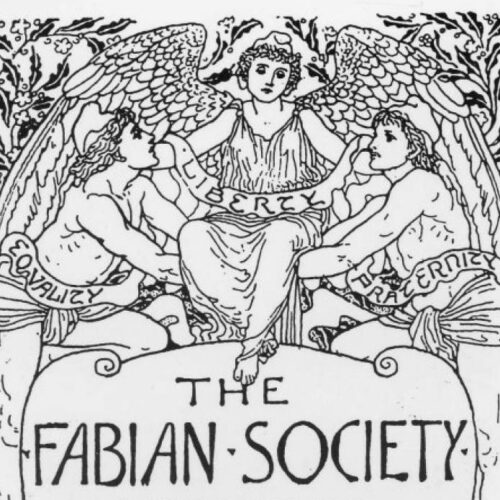

If any delegate present thinks that the Fabian Society was wise from the hour of its birth, let him forthwith renounce that error. The Fabian wisdom, such as it is, has grown out of the Fabian experience; and our distinction, if we may claim any, lies more in our capacity for profiting by experience (a rarer faculty in politics than you might suppose) than in any natural superiority on our part…
George Bernard Shaw, The Fabian Society: Its Early History (Fabian Tract No. 41, 1892)
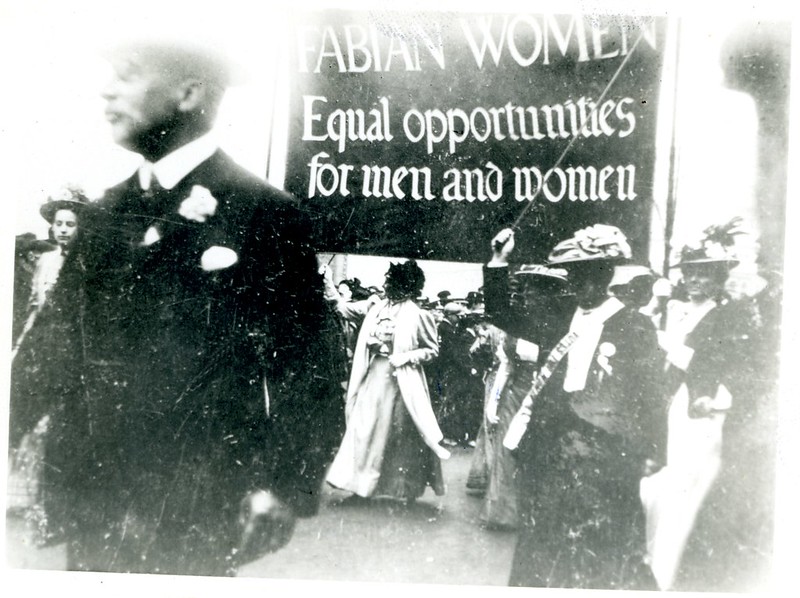
The Fabian Society is a socialist intellectual and political organisation that played a crucial role in the development of socialist thought, and the formation of the Labour Party. Aiming to advance socialism through gradual and peaceful means, it became well known for its research and publications, and through the wider influence of many of its members.
From its origins, many humanists and freethinkers have been closely involved with the Fabian Society, seeking to advance equity, opportunity, and social progress through ideals rooted in reason and compassion.
In spite of the broadly progressive aims of the Fabians it should be noted, as the Fabian Society today has, that although
members of the society were radicals for their time… their views reflected the age they lived in. Leading members of the society held racist prejudices and opinions which were not in keeping with the society’s commitment to equality for all, either then or now.
Our first tract, “Why are the Many Poor?” struck the keynote. In a century of abounding wealth England still has in its midst a hideous mass of poverty which is too appalling to think of. That poverty, we say, is preventable. That poverty was the background of our thoughts when the Society was founded.
Edward R. Pease, The History of the Fabian Society (1916)
The Fabian Society was founded on 4 January 1884, an off-shoot of socialist movement the Fellowship of the New Life. It emerged from a rich tradition of debating clubs and idealistic societies which were, as James Thompson has written, ‘often radical in politics and heterodox in religion’. Believing that socialism could be attained through gradual political change, they took their name from Roman general Quintus Fabius Maximus – known for his delaying tactics.
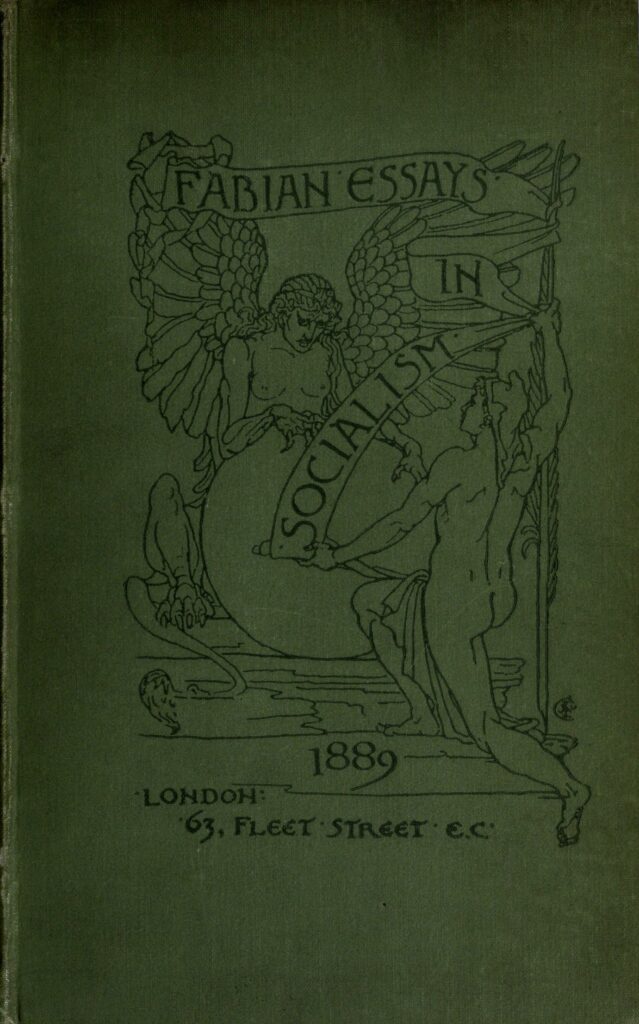
In common with the ethical societies which would give rise to Humanists UK, the founders of the Fabian Society recognised that the world they lived in was very different from that of their parents, shaken by scientific discovery and requiring a renewed basis for ethics and organisation. One of them, Edward R. Pease, wrote in The History of the Fabian Society:
The young men of the time I am describing grew up with the new ideas and accepted them as a matter of course. Herbert Spencer, then deemed the greatest of English thinkers, was pointing out in portentous phraseology the enormous significance of Evolution. Professor Huxley, in brilliant essays, was turning to ridicule the simple-minded credulity of Gladstone and his contemporaries. Our parents, who read neither Spencer nor Huxley, lived in an intellectual world which bore no relation to our own; and cut adrift as we were from the intellectual moorings of our upbringings, recognising, as we did, that the older men were useless as guides in religion, in science, in philosophy because they knew not evolution, we also felt instinctively that we could accept nothing on trust from those who still believed that the early chapters of Genesis accurately described the origin of the universe, and that we had to discover somewhere for ourselves what were the true principles of the then recently invented science of sociology.
The Society’s influential volume, Fabian Essays in Socialism, was published in 1889. Its contributors were George Bernard Shaw, Sydney Olivier, Sidney Webb, Annie Besant, William Clarke, Graham Wallas, and Hubert Bland. Of these seven, five (Shaw, Webb, Besant, Clarke, and Wallas) were avowed freethinkers.
With other socialist groups, the Fabian Society helped to found the Labour Representation Committee in 1900 – the origin of the Labour Party.
Throughout its history, many influential non-religious and humanist figures have been members of the Fabian Society. Below are just some.
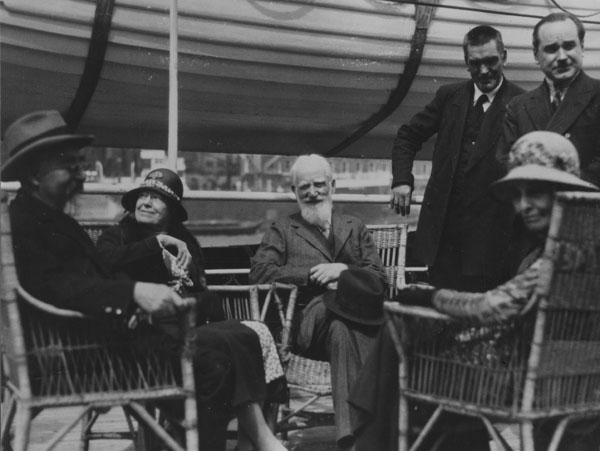
Sidney Webb (1859–1947) was an early member of the Fabian Society, playing a crucial role in shaping its development. He was a prominent socialist and contributed to the influential Fabian Essays in Socialism. Beatrice Potter (who became Beatrice Webb; 1858–1943) read the collection and was impressed by Sidney. She joined the Fabian Society in 1891, and the couple played a defining role in it for decades to come. Both were freethinking agnostics.
George Bernard Shaw (1856–1950), Irish playwright, critic, and atheist, was another early member and driving force of the Fabian Society. Shaw became involved across the Society’s activities, editing 1899’s Fabian Essays in Socialism, to which he also contributed.
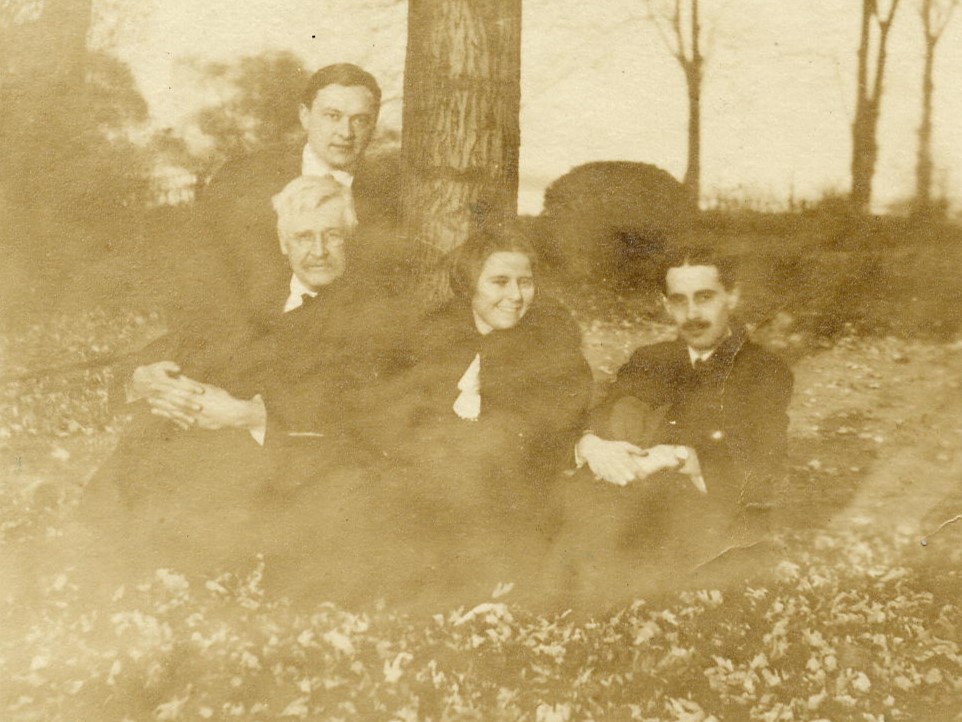
Charlotte Payne-Townshend (1857–1943) was an Irish heiress, activist, and Fabian, described by Beatrice Webb as ‘by temperament… an anarchist, feeling any regulation or rule intolerable… Sweet tempered, sympathetic and genuinely anxious to increase the world’s enjoyment and diminish the world’s pain’. A generous donor to the London School of Economics (LSE), Charlotte donated £1,000 towards the establishment of its library in 1896. She married George Bernard Shaw in 1898.
Graham Wallas (1858–1932) was a political psychologist and educationist, who joined the Fabian Society in 1886. With his friends the Webbs and George Bernard Shaw, he was a founder of the LSE in 1895. A humanist, Wallas became President of the Ethical Union (now Humanists UK) in 1924, and later of the Rationalist Press Association (1926-9).
I joined the Fabian Society, and worked hard with it as a speaker and lecturer. Sidney Webb, G. Bernard Shaw, Hubert and Mrs. Bland, Graham Wallas—these were some of those who gave time, thought, incessant work to the popularising of Socialist thought, the spreading of sound economics, the effort to turn the workers’ energy toward social rather than merely political reform.
Annie Besant, An Autobiography (1893)
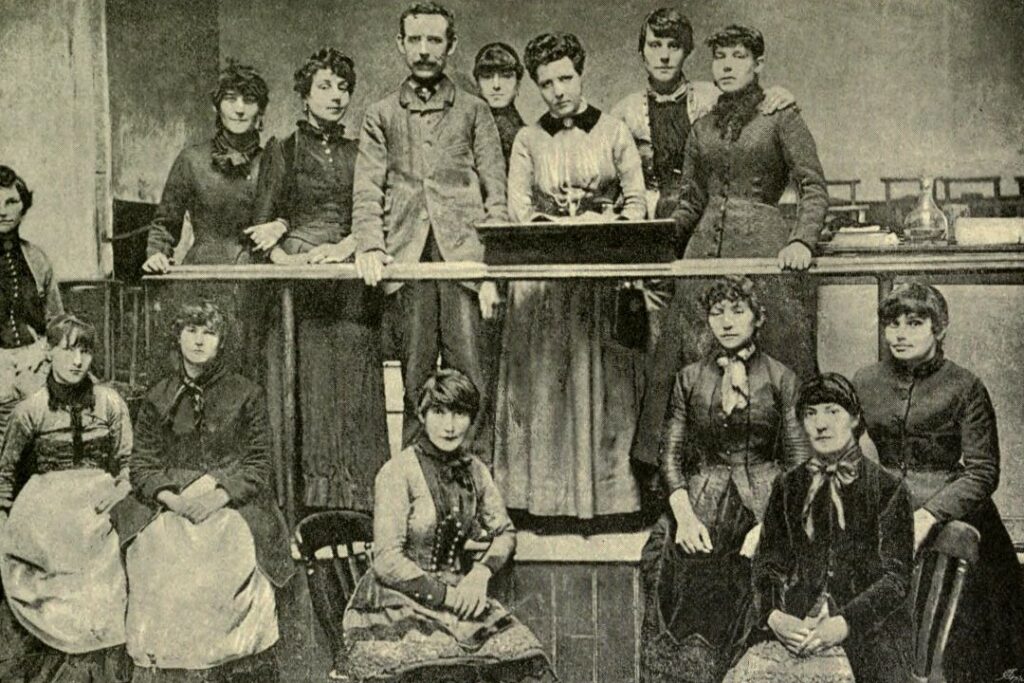
Annie Besant (1847–1933) was a social reformer, women’s rights activist, and prominent secularist before her embrace of theosophy. While still active in the freethought movement, Besant was an early member of the Fabian Society, joining its executive in 1885.
George Standring (1855–1924), an atheist and former member of the National Secular Society, was an enthusiastic and early member of the Fabians. From his Finsbury Street printing press, he printed the works of many fellow radicals, including the very first Fabian Society tracts.
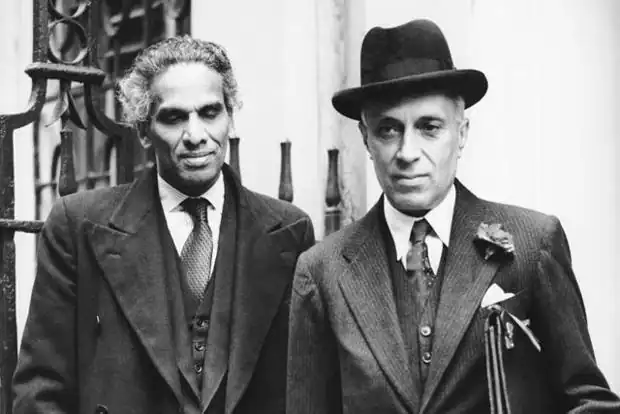
Jawaharlal Nehru (1889–1964) was a humanist and secularist, who was attracted to Fabian ideas while studying in England – reading Fabian literature and attending lectures by George Bernard Shaw. A self-identified socialist, he went on to become the first prime minister of independent India.
V.K. Krishna Menon (1896–1974) was an Indian diplomat, politician, and rationalist. He played a prominent role in the Indian independence movement and later served as India’s first Minister of Defense. Like his close friend, Jawaharlal Nehru, he had been drawn to Fabian socialism while studying in London, inspired by Harold Laski at LSE.
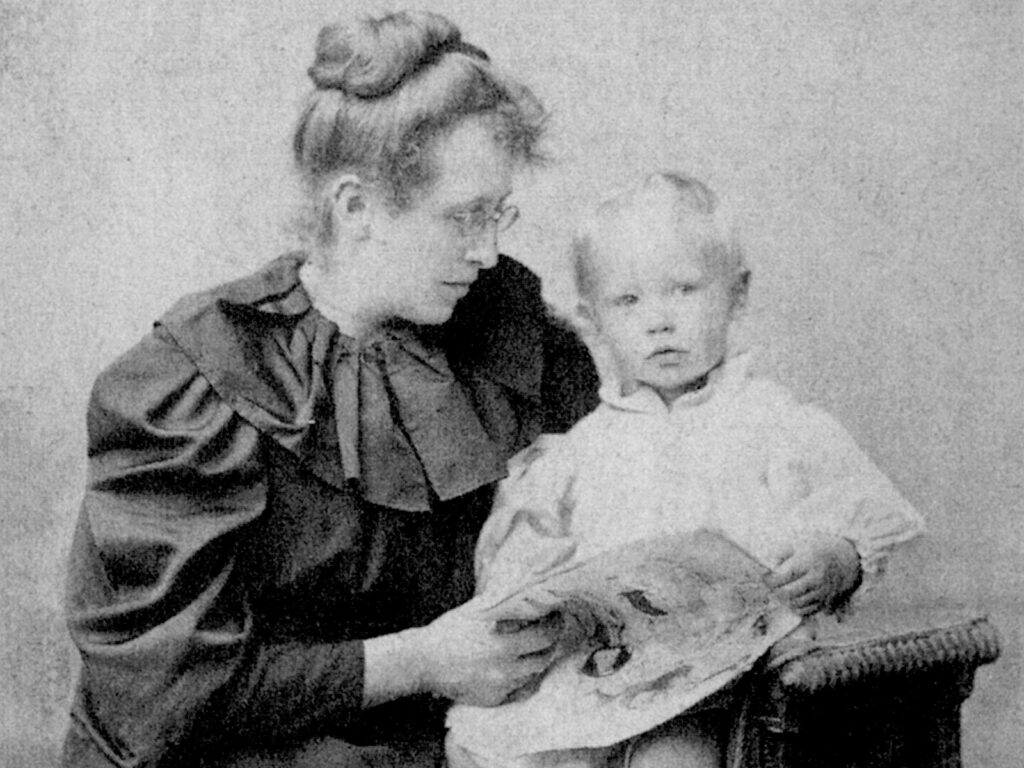
Charlotte Wilson (1854–1944), anarchist and feminist, lost her religious faith while studying at Newham College, Cambridge. She was the only woman elected to the Fabian Society’s first executive in 1884. A member of the Women’s Freedom League, she also founded the Fabian Women’s Group with Maud Pember Reeves in 1908. Having resigned from the Fabian executive in 1887, she returned between 1911-1914.
Bellerby Lowerison (1863–1935) was a socialist writer and teacher, who founded the secular Ruskin School Home in 1900 on humanist principles. Active in the East London Branch of the Fabian Society, he joined the national executive committee in 1891.
Constance Garnett (1861–1946), an atheist, socialist, and translator, was elected to the executive of the Fabian Society in 1894. Her sister, Clementina Black (1853–1922), a writer, trade unionist, and atheist was also active in the Fabian Society.
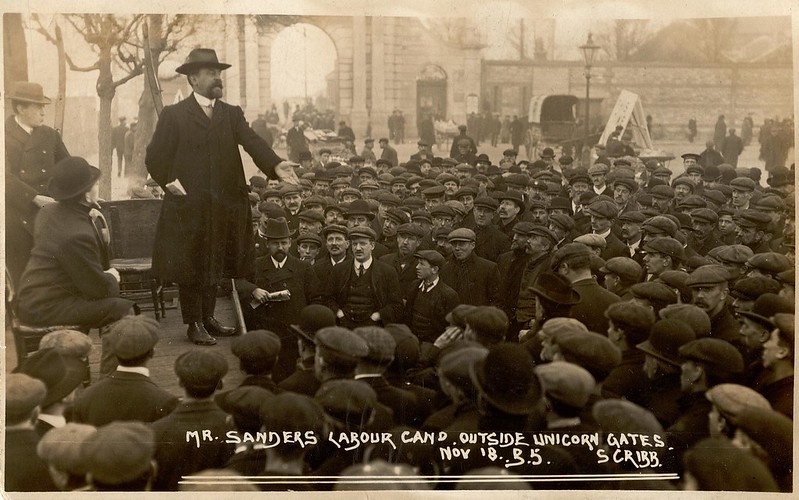
Mabel Atkinson (1876–1958) was a Northumberland-born feminist, socialist, humanist, and influential member of the Fabian Society. First joining in 1897, from 1906, she was part of its local government group, and in 1908 was a founding member of the Women’s Group. Atkinson served on the Fabian executive for a decade, from 1909 to 1919.
William Stephen Sanders (1871–1941) was a Labour politician, Fabian, and active participant in the early humanist movement. A decades-long member of the West London Ethical Society, Sanders acted as organising secretary for the Fabians.
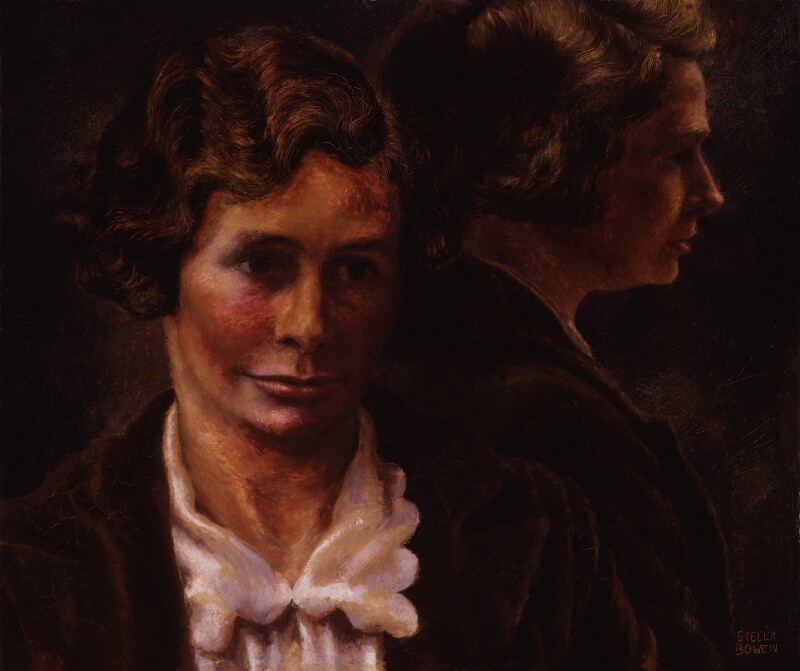
Margaret Cole (1893–1980) was an author, atheist, and political activist, who worked for the Fabian research department between 1915–25. With her husband, G.D.H, Cole, she helped to found the New Fabian Research Bureau in 1931. Her writings included editions of the diaries of Beatrice Webb, works on politics, detective novels, and a biography of her husband.
James Ramsay MacDonald (1866–1937) was an early member of the Fabian Society, and of the burgeoning humanist movement. A prominent figure in the Labour Party, he became the first Labour Prime Minister of the United Kingdom.
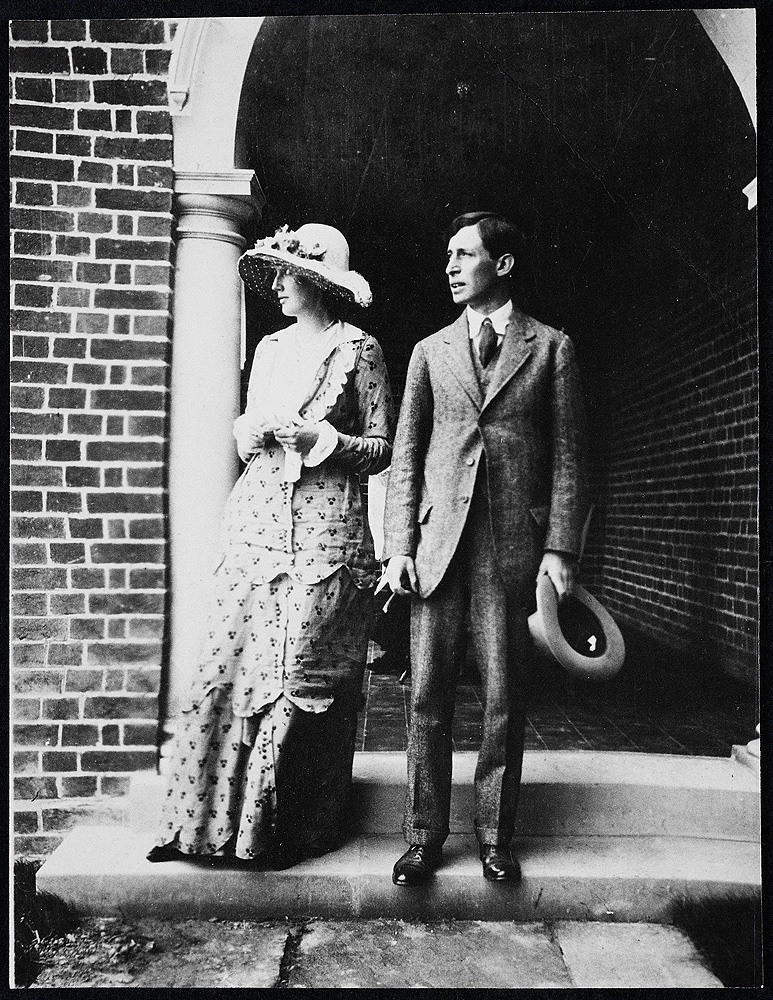
Leonard Woolf (1880–1969), author, publisher, and atheist, was a member of the Fabian Society, describing himself as ‘a socialist of a rather peculiar sort’. An internationalist, he wrote two Fabian reports on international government, which influenced the creation of the League of the Nations.
Harold Laski (1893–1950) was a political theorist and humanist, who joined the executive committee of the Fabian Society in 1921. He served as the chairman of the Fabian Society and was a professor at the London School of Economics. An influential teacher and socialist, he was also President of the Rationalist Press Association.
Joseph Frederick Green (1855–1932) was a politician and peace campaigner, who served for some time on the Fabian executive. Internationalist and anti-imperialist, he won Ramsay MacDonald’s Leicester West seat in 1918 for the National Democratic Party. After 1922, he joined the Conservative Party.
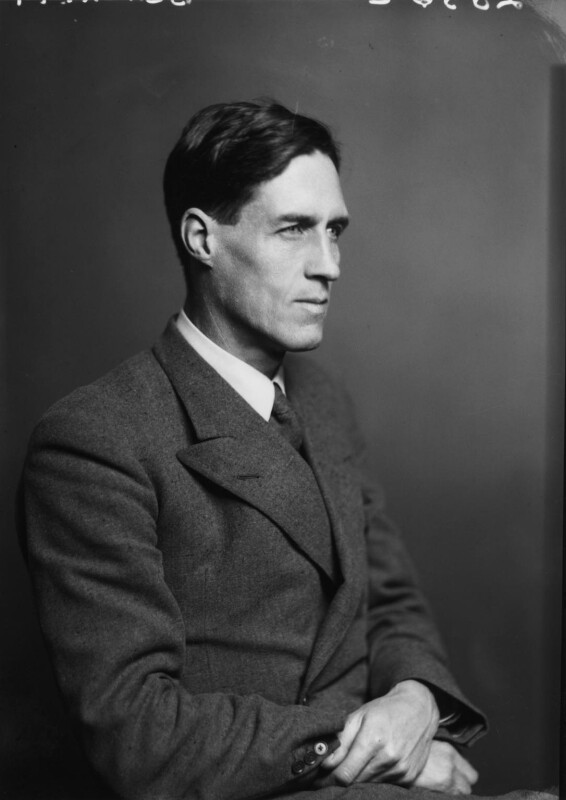
Clement Attlee (1883– 1967) was one of at least three non-religious 20th century Prime Ministers, and one whose socialist and humanist values underpinned his commitment to implementing sweeping reforms in social welfare. Attlee was a Fabian and served as Prime Minister from 1945 to 1951. His government implemented significant social reforms, including the establishment of the National Health Service.
Patrick Blackett (1897–1974), physicist and humanist, was a longstanding Fabian, who expressed his opposition to the British development of atomic weapons in the Fabian publication The Atom and the Charter (1946). He was awarded the Nobel Prize in Physics 1948.
Stella Browne (1880–1955), humanist, feminist, and founder of the Abortion Law Reform Association in 1936, was active in her local branch of the Fabian Society. Her strong ethical and socialist principles motivated a lifetime of activism, including within the Humanitarian League, Progressive League, and Divorce Law Reform Union.
Hugh Jenkins (later Baron Jenkins of Putney; 1908–2004) was a politician and humanist: a lifelong socialist and admirer of Nye Bevan and Jennie Lee. A lecturer for the Fabian Society, Jenkins also directed the Society’s summer schools during the late 1940s. He was a patron of Humanists UK, and Chair of the Campaign for Nuclear Disarmament (CND).
Madeleine Simms (1930–2011), humanist and activist for reproductive rights, edited the Fabian Society’s monthly newsletter, Fabian News, during the early 1960s. From around this time, she also played a key role in reinvigorating the Abortion Law Reform Association.
Fabian Society and Young Fabians | LSE Digital Library
Fabian Essays in Socialism (1899) ed. George Bernard Shaw
The Fabian Society: Its Early History by George Bernard Shaw (1892)
The History of the Fabian Society by Edward R. Pease (1916)
The Story of Fabian Socialism by Margaret Cole (1961)
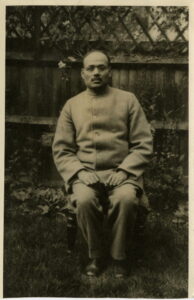
Life is a wonderful privilege. It imposes great duties. It demands the fulfilment of great tasks and the realisation of […]
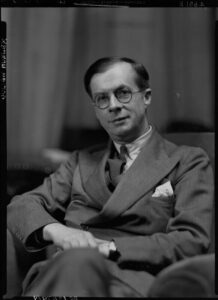
What the sciences discover about the natural world and about the origins, nature and destiny of man is the truth […]
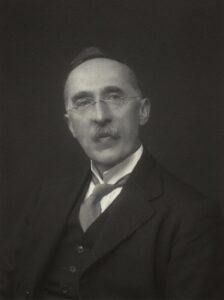
Conscience is older than any existing Church or creed. George Peabody Gooch, Under Six Reigns (1958) George Peabody Gooch was […]
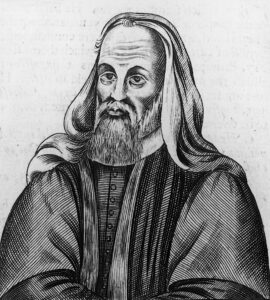
Pelagius lived between the fourth and fifth centuries, and advocated a heretical Christianity that emphasised free will and humanity’s capacity […]